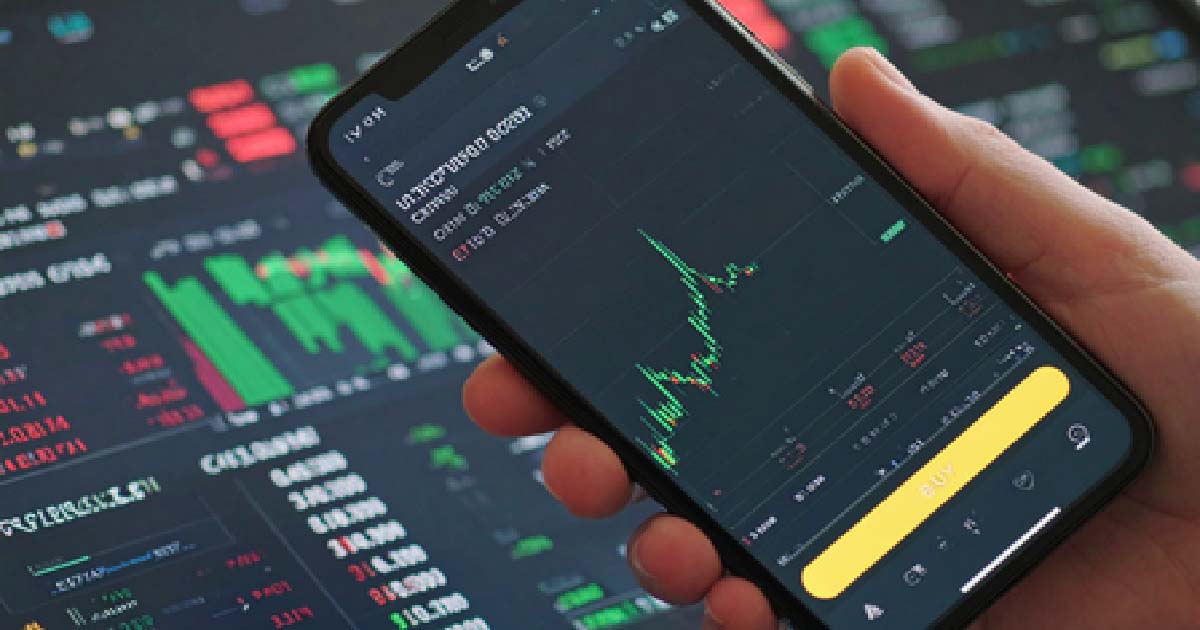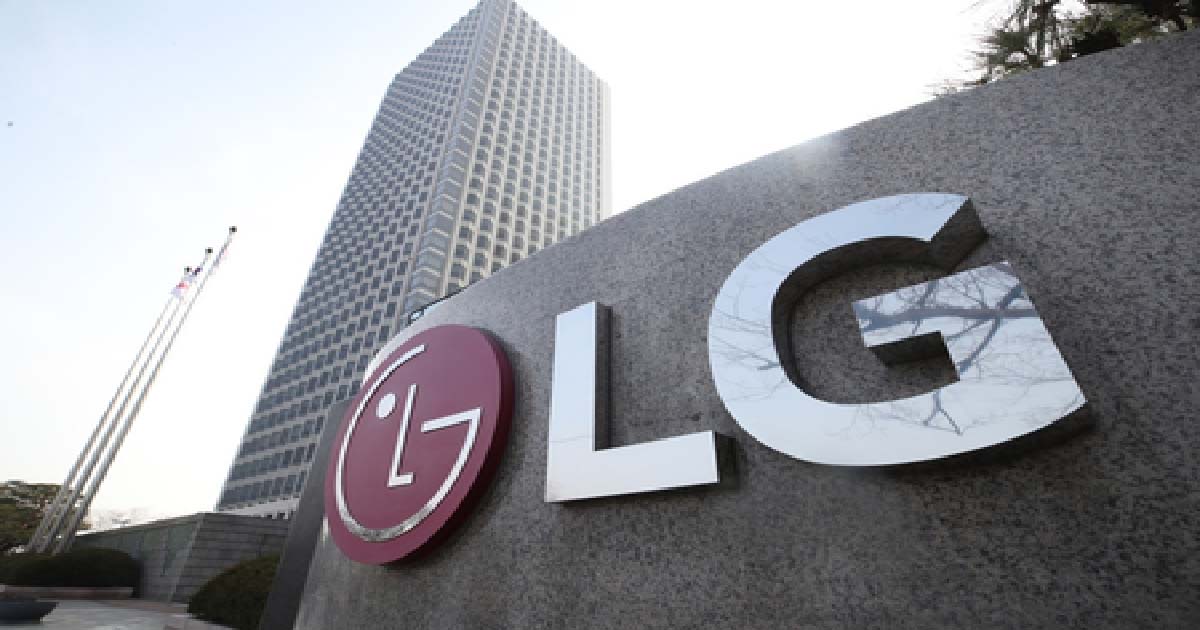Business
India, Japan can diversify trade basket, open new frontiers with renewed efforts: PM Modi

Tokyo, Aug 29: Hailing the robust India-Japan economic and trade partnership, Prime Minister Narendra Modi on Friday said with renewed efforts, both nations can diversify their trade basket, make it more balanced, and open up new frontiers as well.
In an interview with Japanese newspaper The Yomiuri Shimbun, the Prime Minister said we must aim bigger and remain ambitious.
“The synergies across governments, businesses and people can create scale and speed in our economic partnership. As the world’s leading economies, we have been contributing to each other’s growth, competitiveness and dynamism,” PM Modi told the publication.
Japan has been a trusted partner in India’s infrastructure development across generations. The country has also been a leading source of foreign direct investment (FDI) for India in key sectors, including automobiles, electronics, telecom, chemicals, finance, and pharmaceuticals.
According to PM Modi, the number of Japanese firms in India has grown steadily to around 1,500, while more than 400 Indian companies operate in Japan.
“Clearly, this is only the beginning — the real potential is much higher,” he noted.
“We maintain important trade relations, but it has not yet reached the levels envisaged under our CEPA (Comprehensive Economic Partnership Agreement)… The 20th century saw Japan emerge as a major partner in India’s infrastructure development. I am confident that the 21st century will see Japan as a major partner in India’s innovation, manufacturing, and global value chains,” the Prime Minister emphasised.
On semiconductors, PM Modi told the publication that India’s semiconductor sector is on the cusp of transformation.
“We have put in place a comprehensive regulatory and policy framework, backed by incentives, to build a strong semiconductor and display ecosystem. Already, six semiconductor units are taking root in India, with four more on the way. By the end of this very year, ‘Made in India’ chips will be in the market, a clear demonstration of India’s design and manufacturing capabilities,” the Prime Minister said.
Japanese companies, with their technological strengths and global leadership, can play a pivotal role in this journey, he said, adding that a strong beginning has already been made.
“By combining India’s scale and capabilities with Japan’s advanced technologies, we can build a resilient and trusted semiconductor value chain,” PM Modi stressed, adding that this collaboration will support the technological ambitions of both our countries and enhance global supply chain security.
“I see semiconductor cooperation emerging as a major pillar of the India–Japan partnership. After all, in this digital century, chips are not just about computers, they are about competitiveness, credibility and confidence in the future,” he mentioned.
Some Japanese companies are positioning their production bases in India as hubs for third-country markets such as Africa.
According to PM Modi, India has seen multi-faceted reforms which make manufacturing in India easier than ever before.
“We have removed compliance burdens, rolled out incentives and ensured a large skilled workforce for companies to set base in India. Many global companies, including those from Japan, are setting up their production in India not only to cater to our domestic market, but also for the world,” he highlighted in his response.
Japanese automaker Suzuki Motor Corporation this week announced it will invest Rs 70,000 crore in India over the next five to six years. The investment will be used to increase production, introduce new car models, and protect its leadership position in the world’s third-largest automobile market.
“Just a couple of days back, I was at the Suzuki plant in India where we flagged off electric vehicles to be exported to a hundred countries, including Japan,” said PM Modi.
Business
Delhi HC stays order requiring second review of RBI Ombudsman complaints

New Delhi, Jan 8: The Delhi High Court on Thursday stayed a single-judge direction that required the Reserve Bank of India (RBI) to institute a second level of human review for consumer complaints dismissed by its banking ombudsman.
A division bench of Chief Justice D.K. Upadhyaya and Justice Tejas Karia passed the interim order on an appeal filed by the RBI against a ruling delivered by Justice Prathiba M. Singh, which required such reviews to be conducted by legally trained professionals, including retired judicial officers or lawyers with a minimum of ten years’ experience.
While staying the impugned directions, the CJ Upadhyaya-led Bench observed that, prima facie, it found force in the submissions advanced on behalf of the RBI.
“Accordingly, we provide that the directions contained in paragraph 47(5) and 48 of the impugned judgment by the learned single judge dated November 27, 2025, shall remain stayed,” it ordered.
The bench also stayed the single-judge’s direction requiring the RBI Deputy Governor to submit a compliance affidavit by January 15, 2026. The matter has now been scheduled for further hearing on March 17.
Appearing for the RBI, Solicitor General of India Tushar Mehta submitted that the single judge had travelled beyond the permissible scope of judicial review under Article 226 of the Constitution.
The Centre’s second-highest law officer submitted that the Reserve Bank-Integrated Ombudsman Scheme, 2021, is a statutory scheme framed under Section 35A of the Banking Regulation Act and Section 18 of the Payment and Settlement Systems Act, and can be altered or modified only by authorities empowered under those enactments.
In her November 27, 2025, ruling, Justice Prathiba M. Singh had expressed concern over complaints being rejected through “system-generated responses” and held that the Ombudsman Scheme must be “an effective Scheme and not a mere toothless division of the RBI”.
The judgment was delivered in a writ petition filed by advocate Sarwar Raza, who had approached the Delhi High Court alleging harassment and wrongful rejection of his complaints by the RBI Ombudsman following a disputed credit card transaction of Rs 76,777.
The single-judge Bench had directed the RBI to ensure that customer complaints are not rejected merely through a mechanised process and that complainants should be given an opportunity to correct minor errors.
It had further ordered that whenever complaints are finally rejected, they must undergo a second level of human supervision by legally trained personnel, observing: “If the complaint redressal mechanism adopted by the Ombudsman is made more effective and efficient, litigation in courts and consumer forum/s can be reduced considerably.”
Business
Sensex, Nifty end lower as India-US trade tension spook investors

Mumbai, Jan 8: Indian equity markets witnessed their sharpest fall in a month on Thursday as benchmark indices extended losses for the fourth straight session, weighed down by rising concerns over India–US trade tensions.
Investor sentiment turned cautious after reports suggested that the administration of US President Donald Trump could consider imposing steep tariffs of up to 500 per cent on Indian goods.
The possibility of such harsh trade measures triggered widespread selling across sectors, leading to broad-based risk aversion in the market.
By the end of the session, the Sensex closed at 84,180.96, slipping 780.18 points or 0.92 per cent.
The Nifty also ended lower at 25,876.85, down 263.9 points or 1.01 per cent.
“A sustained close below 25,900 increases the probability of further downside toward the 25,800–25,700 zone, while a recovery above 26,000 is essential to stabilise near-term sentiment,” an analyst said.
“Despite the current correction, the broader weekly and monthly trend structure remains positive, although short-term corrective pressure may persist if key supports fail to hold,” as per the expert.
On Sensex 30-packs, TCS, TechM, L&T, Reliance Industries and Tata Steel were among the top losers.
On the other hand, Eternal, ICICI Bank, Bajaj Finance, and BEL were the only gainers.
The selling pressure was even more pronounced in the broader market. Mid- and small-cap stocks saw sharp declines, with the Nifty Midcap 100 and Nifty Smallcap 100 indices falling nearly 2 per cent each.
Sector-wise, losses were widespread, with all indices ending in the red. Metal stocks bore the brunt of the sell-off as the Nifty Metal index dropped over 3 per cent.
Oil and gas stocks also remained under pressure, with the Nifty Oil and Gas index falling around 2.8 per cent.
PSU banking and IT stocks were among the other major laggards, declining about 2 per cent each.
Analysts said that the market mood remained cautious as investors grappled with global trade uncertainties and the potential impact of rising tariffs on India’s export-driven sectors.
Business
LG Electronics India shares hit record low after lock-in expiry

Mumbai, Jan 8: LG Electronics India shares came under selling pressure on Wednesday after the expiry of the company’s three-month lock-in period, pushing the stock to an all-time low on the BSE.
The share price fell as much as 4.4 per cent to Rs 1,392.8 during early trade. At 1:30 pm, the stock was still down 2.51 per cent or Rs 36.50 at Rs 1,419.90.
The decline was largely linked to the end of the lock-in period, which restricts certain shareholders from selling their shares for a fixed time after listing.
With the lock-in ending, around 15 million shares — about 2 per cent of LG Electronics India’s total equity — became eligible for trading, according to Nuvama Institutional Equities.
The company currently has a market capitalisation of Rs 2,559.97 crore. The stock is trading nearly 17 per cent below its listing price of Rs 1,715 on the BSE, though it remains about 25 per cent higher than its issue price of Rs 1,140 per share.
LG Electronics had made a strong debut on Dalal Street on October 14, 2025.
On the financial front, LG Electronics India reported a weak performance in the September quarter (Q2FY26).
The company’s net profit fell 27.3 per cent year-on-year (YoY) to Rs 389.43 crore, compared with Rs 535.7 crore in the same quarter last financial year.
Net sales grew marginally by 0.9 per cent to Rs 6,170.4 crore, according to its earlier exchange filing.
Emkay Global Financial Services said the company’s quarterly results were weak, in line with industry peers.
The brokerage attributed the performance to GST-led demand postponement by dealers and consumers, weak consumer sentiment, and lower business-to-business revenue in the home electronics segment due to tariff-related issues.
However, Emkay noted that LG Electronics managed to gain market share in both home appliances and electronics, strengthening its leadership position in these categories despite the challenging environment.
-

 Crime3 years ago
Crime3 years agoClass 10 student jumps to death in Jaipur
-

 Maharashtra1 year ago
Maharashtra1 year agoMumbai Local Train Update: Central Railway’s New Timetable Comes Into Effect; Check Full List Of Revised Timings & Stations
-

 Maharashtra1 year ago
Maharashtra1 year agoMumbai To Go Toll-Free Tonight! Maharashtra Govt Announces Complete Toll Waiver For Light Motor Vehicles At All 5 Entry Points Of City
-

 Maharashtra1 year ago
Maharashtra1 year agoFalse photo of Imtiaz Jaleel’s rally, exposing the fooling conspiracy
-

 National News1 year ago
National News1 year agoMinistry of Railways rolls out Special Drive 4.0 with focus on digitisation, cleanliness, inclusiveness and grievance redressal
-

 Maharashtra1 year ago
Maharashtra1 year agoMaharashtra Elections 2024: Mumbai Metro & BEST Services Extended Till Midnight On Voting Day
-

 National News1 year ago
National News1 year agoJ&K: 4 Jawans Killed, 28 Injured After Bus Carrying BSF Personnel For Poll Duty Falls Into Gorge In Budgam; Terrifying Visuals Surface
-

 Crime1 year ago
Crime1 year agoBaba Siddique Murder: Mumbai Police Unable To Get Lawrence Bishnoi Custody Due To Home Ministry Order, Says Report






















